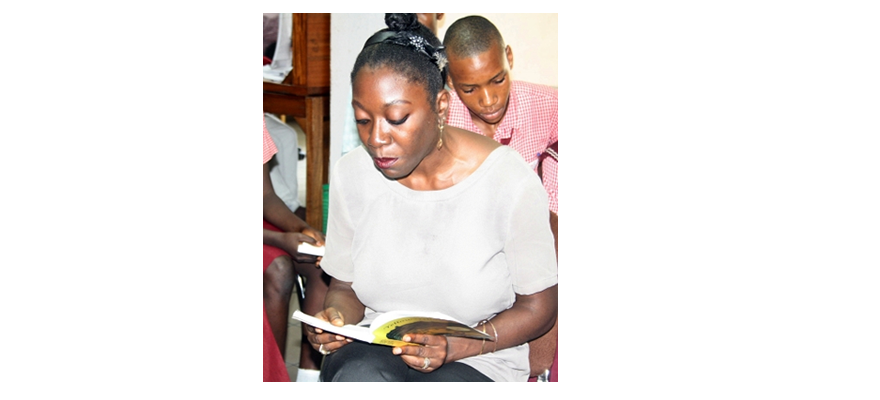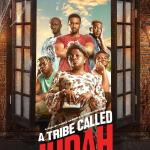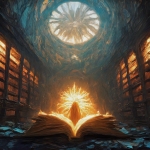Airports, Cuba and Books: An Interview with Kaine Agary
After her SSRP session with students from Government Senior College Maroko and Ilado Community Senior Secondary School at the ZODML Community Library, Kaine Agary spoke to us about her early life, her favourite books, and the Nigerian general she would like to have dinner with. During the SSRP session you said that you were sent to Nigeria at 10 months old to stay with your grandma. How did that come about? I was born in America - my mum was doing her doctorate at the time. My parents were both very busy; it was so bad that I was taken to daycare at nine weeks old. When my grandmother heard this, she asked that I be brought to Nigeria. So I was parcelled off to Nigeria by my dad, and all my relatives came to the airport all dressed up to welcome me.
Did you like reading as a child? I read everything and anything. I read a lot because my grandfather bought many books for me. How many awards have you won? And if you don’t mind telling us, what did you with your US$50,000? [Laughs] There is the 2007 ANA/Chevron Prize for Environmental Writing and the NLNG Nigeria Prize for Literature in 2008. As for what I did with the fifty thousand dollars, I travelled to Cuba because I wanted to see their lovely culture which is rich with the arts. Every few miles there is a square, often with a dance session taking place. I also wanted to see the Cuban leader Fidel Castro. I applied to study law with the rest of the prize money. Who is your favourite character in your novel Yellow-Yellow? Admiral. What is your favourite book? And do you have a list of Must Reads? My favourite book is called In the Castle of My Skin by George Lamming, it’s an old book and I read it a long time ago. Edwidge Danticat’s works are a Must Read for me - her ability to engage with Hawaiian politics is fascinating. Oonya Kempadoo’s Buxton Spice is a major influence on my work. Her use of patois in her work encouraged me to write in pidgin. Her writing also reveals some similarities between Jamaican culture and Nigerian culture. I also love Helen Oyeyemi’s novels because of her mystic writing; finally, Sefi Atta’s works are also interesting reads. When some Nigerian writers win a literary prize, they often fall out of the public spotlight. Even finding a copy of their books is difficult. Have the prizes you won early in your career influenced your relationship with writing? No: I write what I want because I want to, and not for prizes. The story I’m presently working is on myths and nostalgia – it’s going to be all about my feelings and documenting grieving processes. If you were to have lunch with an author (or two), who would you choose? A group of older writers like Wole Soyinka and Maya Angelou. Who are the three people you would like to have your last supper with? General Sani Abacha, Nina Simone and Che Guevara.






